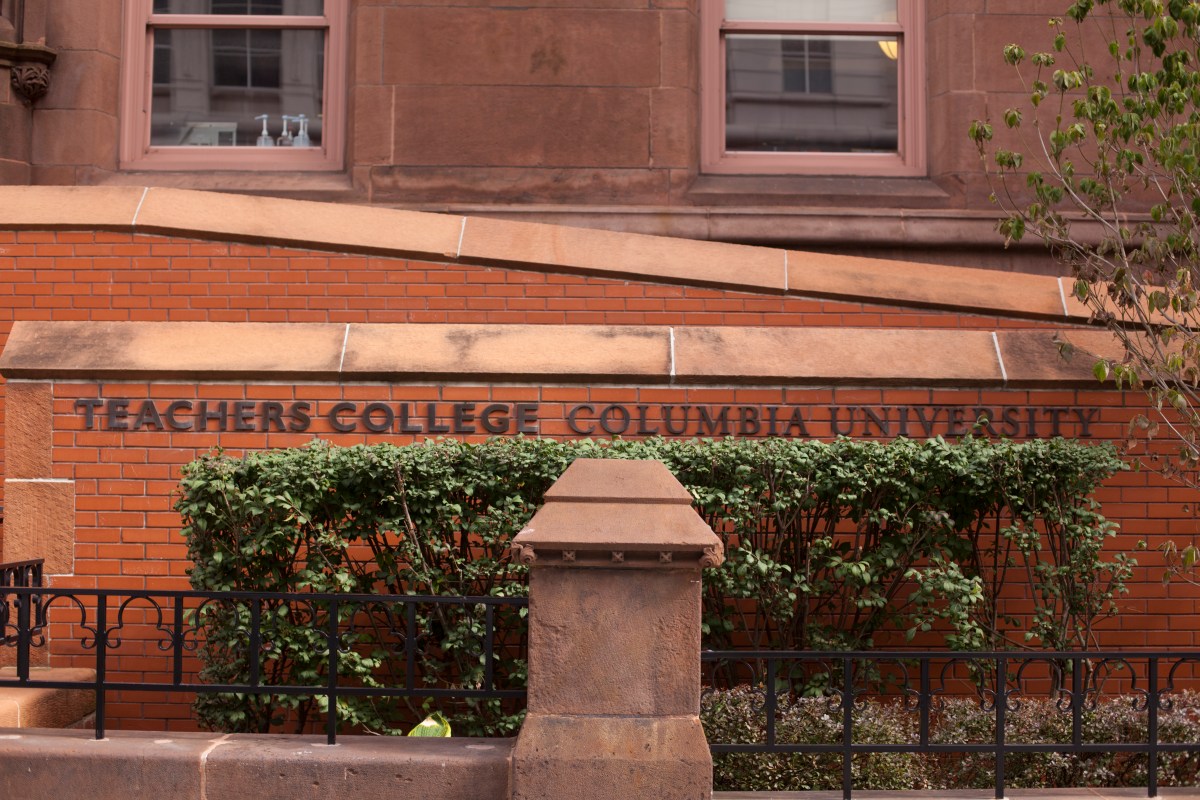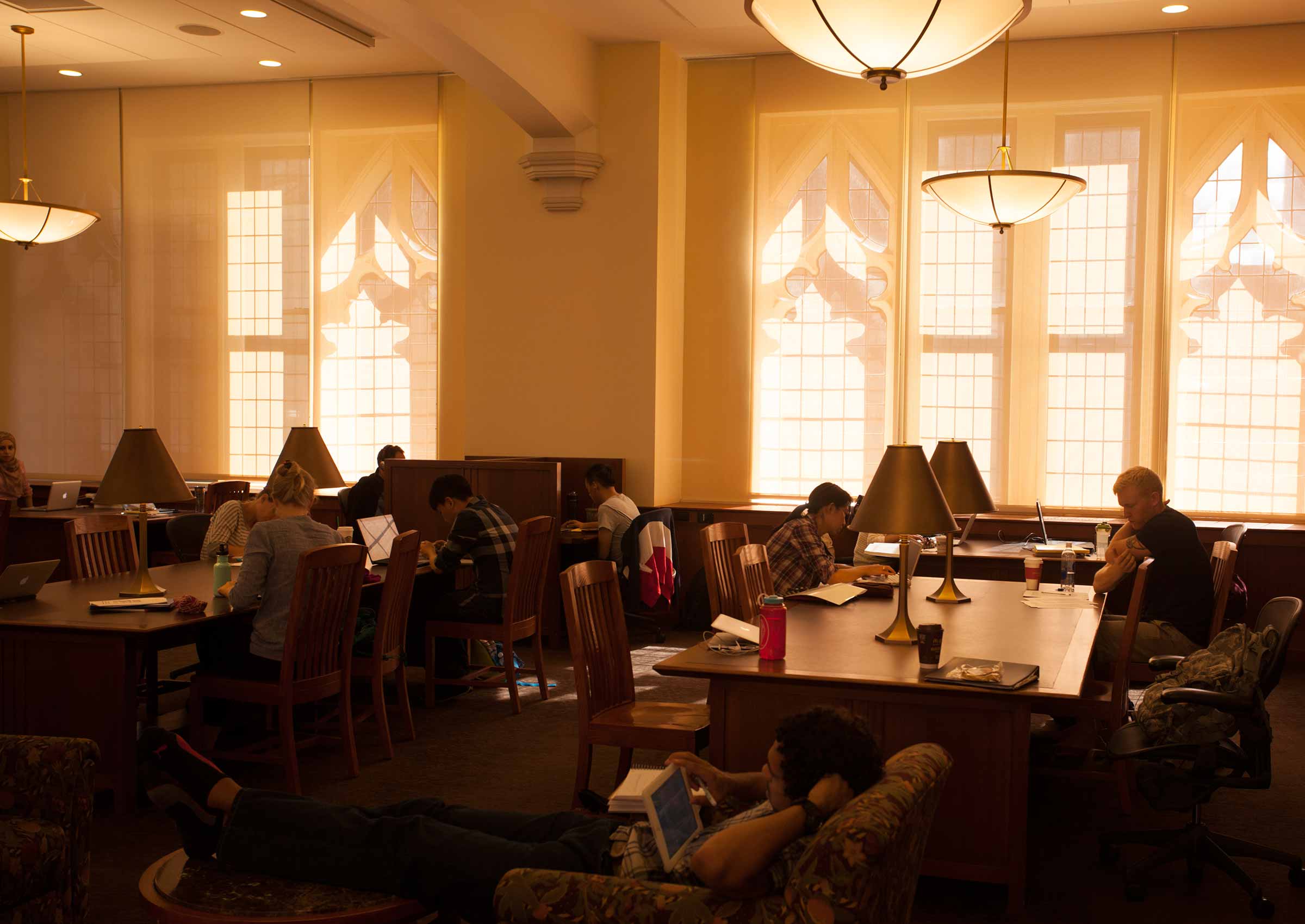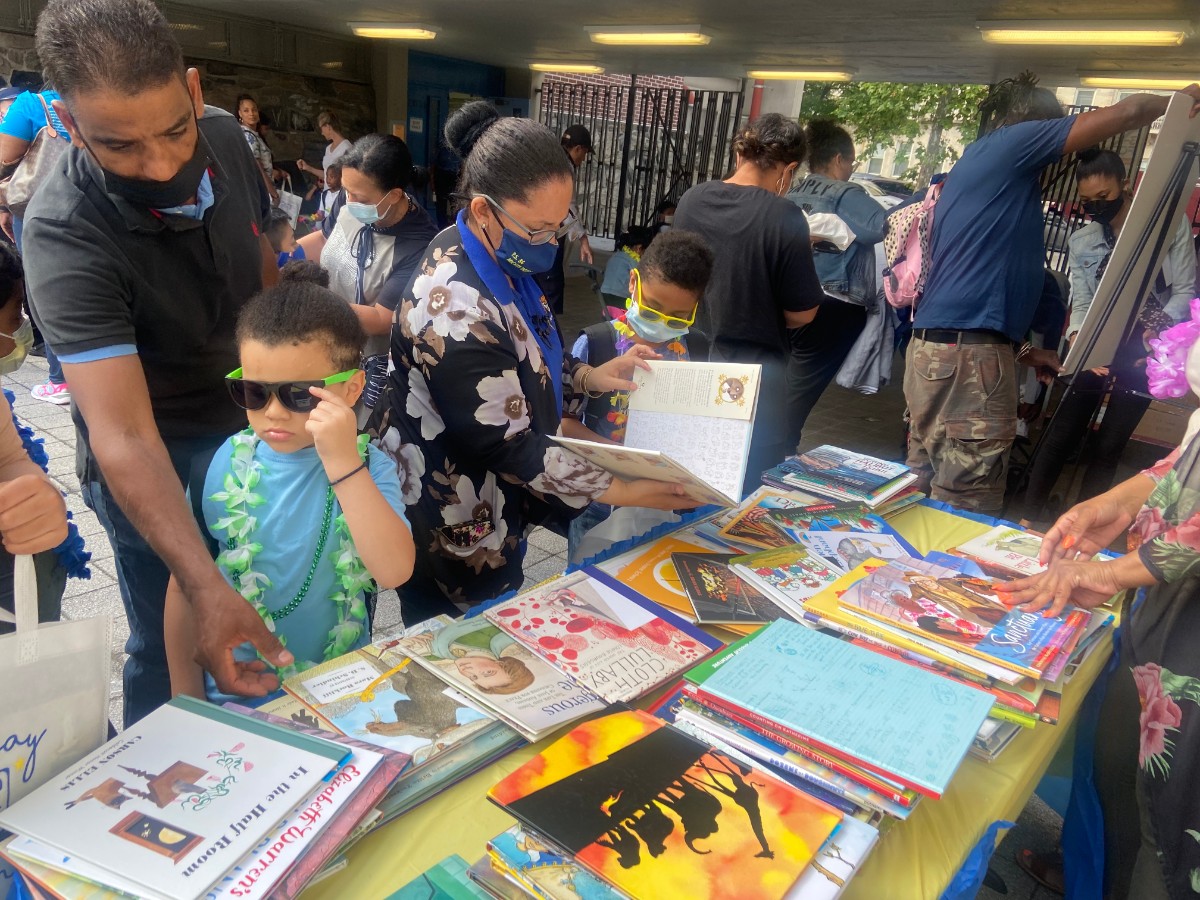Programs
Future leaders in diplomacy must engage directly with the world, confronting its challenges and embracing its opportunities through lived experience, cultural exchange, and collaborative problem-solving
Choose your program
Ready to explore the world?

Academic and Professional Development
Overview
This pillar focuses on developing credit-bearing and non-credit educational offerings that build individual and community expertise in cultural diplomacy and global engagement. Our goal is to equip professionals—whether early-career diplomats, educators, or program managers—with the theoretical foundations and hands-on experiences needed to lead cross-cultural initiatives.
Key Initiatives
International Public Arts Research and Professional Development Program
Launching in Fall 2025, this is a year-long, practice-based initiative in cultural diplomacy and public art, hosted by Teachers College in collaboration with IAA, the UNITAR New York Office (UNITAR-NYO), and its regional facilitators, including the Shanghai Public Art Coordination Center (PACC) and the International Institute of Public Art, Shanghai University (IIPA). Participants engage in interdisciplinary coursework across departments such as Arts & Humanities, International & Transcultural Studies, and Organization & Leadership, exploring themes including public art, civic engagement, cultural diplomacy, media, and global leadership. Upon successful completion, participants receive a joint certificate issued by IAA, UNITAR-NYO, and Teachers College.

Global Policy and Research Initiatives
Overview
This pillar drives evidence-based policy by supporting applied research and interdisciplinary fellowships where participants produce policy briefs, joint publications, and recommendations that inform UN-level decision-making and international cooperation regarding cultural diplomacy and sustainable development.
Key Initiatives
Global Policy Fellowship Program
A signature initiative of CDGA, this interdisciplinary, practice-based fellowship cultivates the next generation of global leaders through academic exploration, international collaboration, and real-world engagement.

Capacity-Building and Exchange Programs
Overview
Under this area, immersive learning and exchange opportunities—both in person and virtual—are designed to strengthen professional skills and institutional capabilities in cross-cultural engagement, leadership, and development practice. Scholarships, visiting fellowships, and mentorship networks prepare individuals and organizations to implement initiatives aligned with CDGA’s mission.
Key Initiatives
To be announced

Conferences and Public Engagement
Overview
This theme encompasses joint events—symposia, workshops, roundtables, and public exhibitions—that convene practitioners, policymakers, and community members around topics such as cultural diplomacy, youth participation, and sustainable development. The objective is to foster interdisciplinary dialogue and demonstrate how collaborative approaches can address complex global challenges in visible, community-oriented ways.
Key Initiatives
- “Connection - Lighting up Life with Intangible Cultural Legacy” Exhibition (Dec 2025)
CDGA—in partnership with the Shanghai Public Art Cooperation Center (PPAC)—is producing a multimedia installation entitled “Lighting up Life with Intangible Cultural Legacy,” to be launched at United Nations Headquarters in December 2025. Featuring leading artists from around the globe, this exhibition will then tour internationally, with planned displays in New Zealand, France, South Africa, and China, among other locations. - EUniWell Conference
A collaborative summit with the EUniWell Consortium focused on well-being, cross-institutional research, and innovative practices in education and health. Highlights include best practices in global collaboration and keynote panels featuring university leaders, UN representatives, and youth delegates.

Institutional Collaborations and Strategic Engagement
Overview
Focusing on long-term partnerships, this pillar outlines how TC, IAA, and allied institutions formally cooperate to pool resources and align strategic priorities. By establishing advisory bodies, embedding representatives within partner offices, and negotiating MOUs with external organizations (e.g., universities, international agencies, NGOs), the goal is to create a governance framework that ensures sustained impact, diversified support, and coordinated action.
Key Initiatives
To be announced